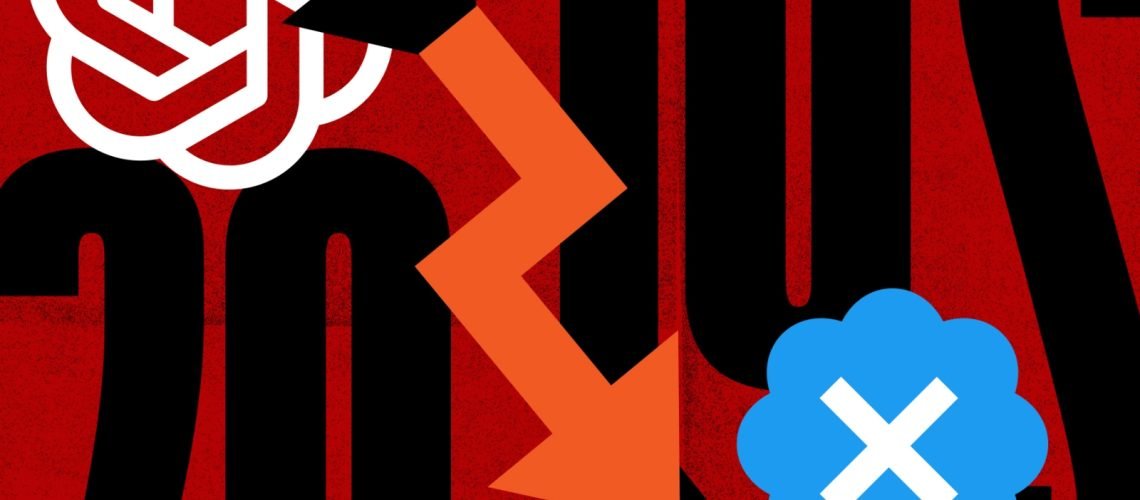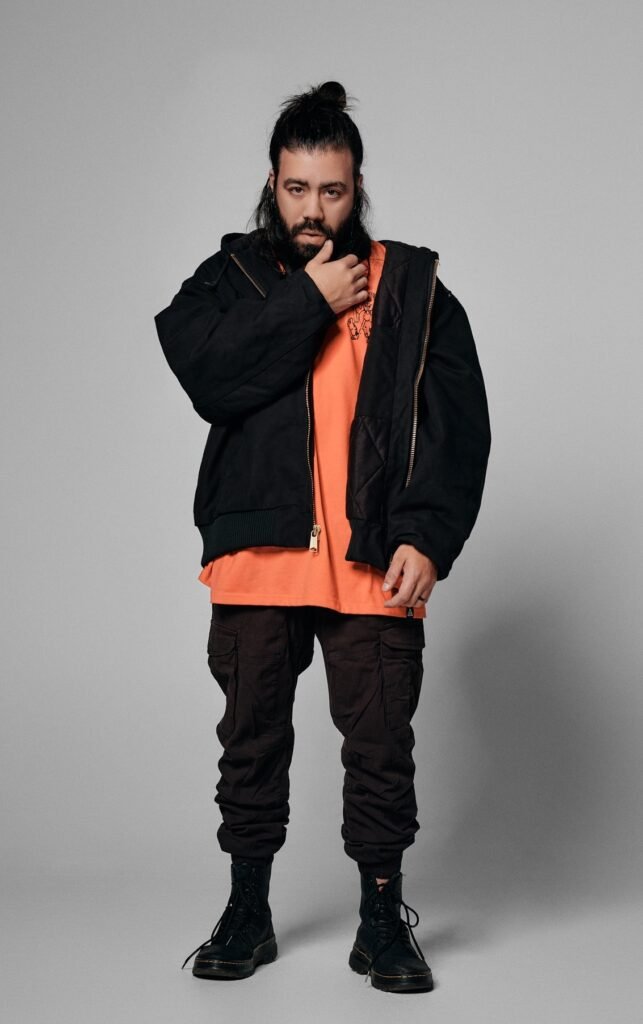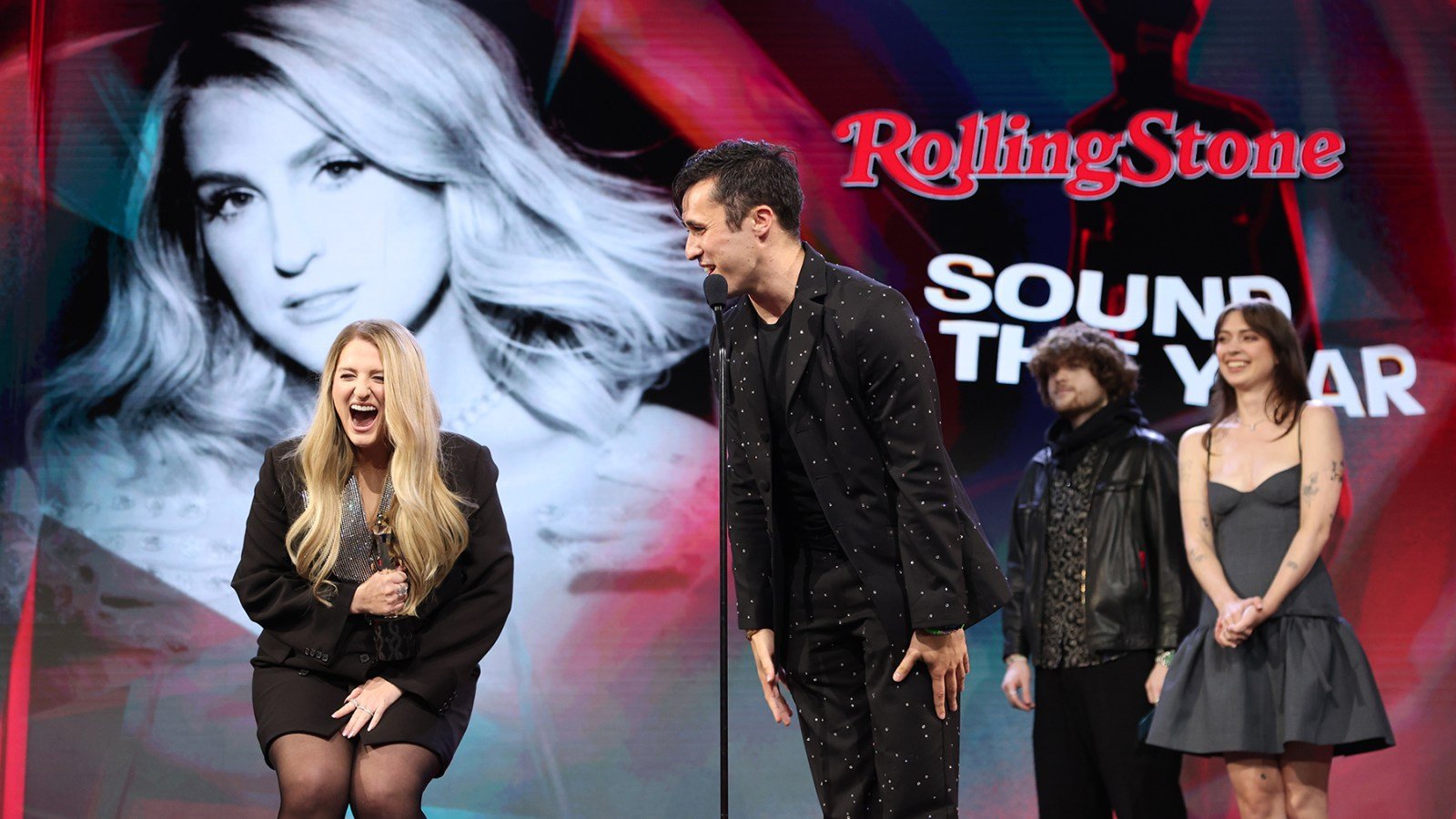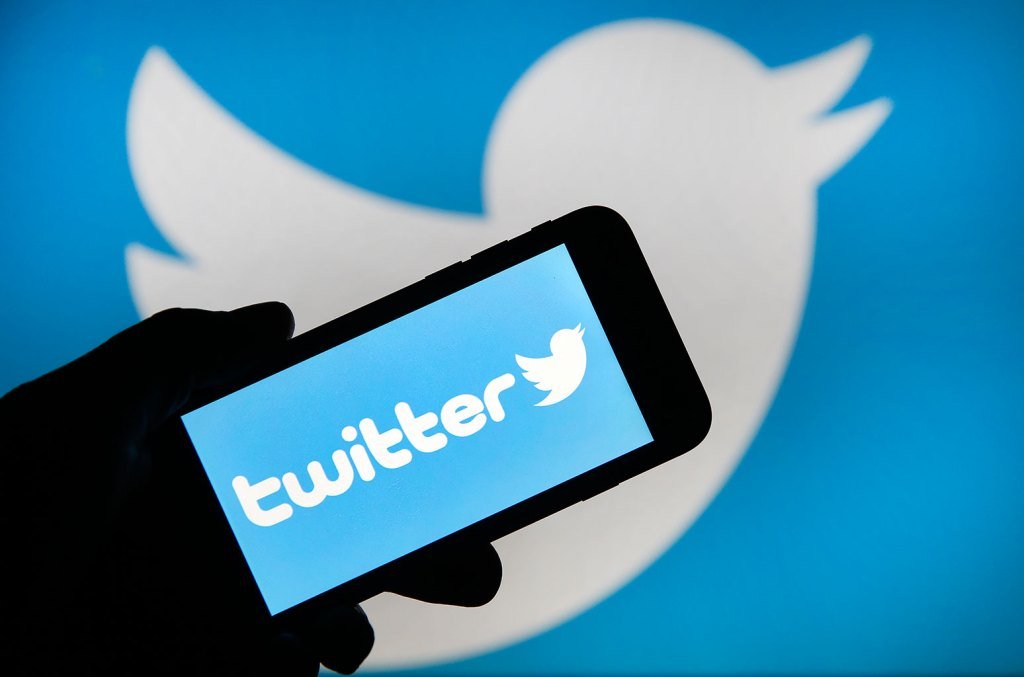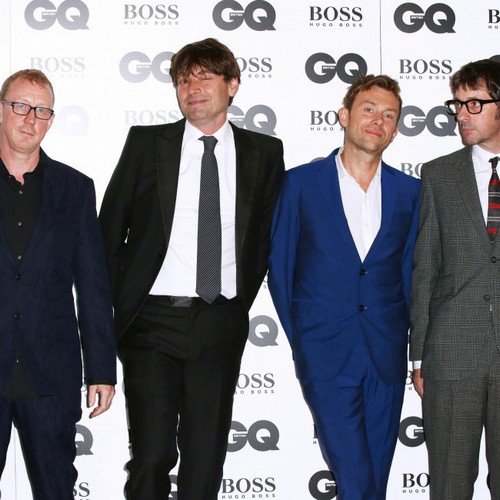For months, Twitter CEO Elon Musk repeatedly delayed phasing out blue verification checkmarks for users not subscribed to the site’s $8 subscription tier. It became a meme for Musk’s fumbling takeover of the social media site. “Final date for removing legacy Blue checks is 4/20,” he tweeted earlier this month. By then, even skeptics knew the terminally online CEO, who seemingly purchased the company on a $44 billion whim, would follow through if only to land the corniest joke imaginable. This is the same man who tweeted that he painted over the letter ‘w’ on the sign outside of Twitter’s San Francisco headquarters so that it would say “Titter.”
The end of blue checkmarks feels like the death knell for whatever the platform was in the first place and capped off an ominous few weeks full of signs that the culture born on social media in the 2010s is nearing its end. Hours before users started reporting their verification checks disappearing, another internet staple, BuzzFeed, announced it was shutting down its award-winning news division, citing a lack of profitability. The news came mere weeks after the company launched its first AI-powered game format (in January, BuzzFeed CEO Jonah Peretti told staff the company would be experimenting with AI-generated content), presumably relying less on humans for some of the site’s stories and quizzes. Peretti said the News shutdown was part of broader layoffs at the company, a reduction of close to 15 percent of its workforce, ending the brand’s decade-long run as the leader of the online media industry.
And this was the same week Universal Music had streaming platforms remove an AI-generated Drake song after it went viral on TikTok and YouTube. The track, titled “Heart on My Sleeve,” was made by a creator who goes by Ghostwriter977 and caused a frenzy within the music industry. While the song is decidedly not very good, many feel it marks a major shift in how we listen to and create music. Taken alongside BuzzFeed’s downfall and Elon Musk’s destruction of Twitter, it feels like the end of a way of thinking about the internet as a place for people. It’s a shift towards an internet where we share a bunch of space with bots. In some ways, a it seems a logical endpoint for the past decade of development online.
Editor’s picks
BuzzFeed was best known for having very high traffic. The whole point, in a way, was to see how far-reaching an idea could go, such as finding out how many rubber bands it would take to crush a watermelon in a Facebook Live stream that was the most watched at the time. Today, that is basically what TikTok is for. The organization managed to solidify a mechanized view of virality that, for a while, defined mainstream online culture. Tech platforms helped facilitate this over the past decade as well, introducing new means by which we measure “engagement.” One of Elon Musk’s first additions to Twitter was the introduction of the cursed “views” counter, which serves little purpose other than to drive up another number attached to posts.
Trending
For many in the digital media world, BuzzFeed’s layoffs represented the failure of a prevailing logic online. In the 2010s, digital media companies were cast as the generation’s heroes. Young (almost always white) founders infused the culture with a religious devotion to metrics and explosive scale. You could argue that it worked up to a point, but ultimately virality becomes a feedback loop. In 2013, internet researcher Nancy Baym wrote a paper arguing that rather than offering anything that meaningful about the people who view content on a platform, audience metrics are oriented toward a business interest. “It is part of the politics of these platforms to set up counts in such a way that users become more engaged with the site while trying to increase their numbers,” she wrote. “Higher numbers are widely taken to imply more legitimacy, popularity, visibility, and influence and thus more economic potential.”
The insatiable drive for numbers might explain all the bots. Despite what appears to be significant business challenges, BuzzFeed’s move into AI-generated content briefly sent its stock price soaring. Even though Elon Musk tried to thwart his Twitter takeover by claiming the company underplayed its bot problem, his moves since becoming owner only make it more amenable to fake accounts. Charging for verification upends the past decade of online culture in the same way AI-generated music and articles written by bots do. Where the 2010s seemed to approach social media with a belief that these new platforms might allow us to build a new world for ourselves, the tech being deployed today is fixated on a world built for machines.
